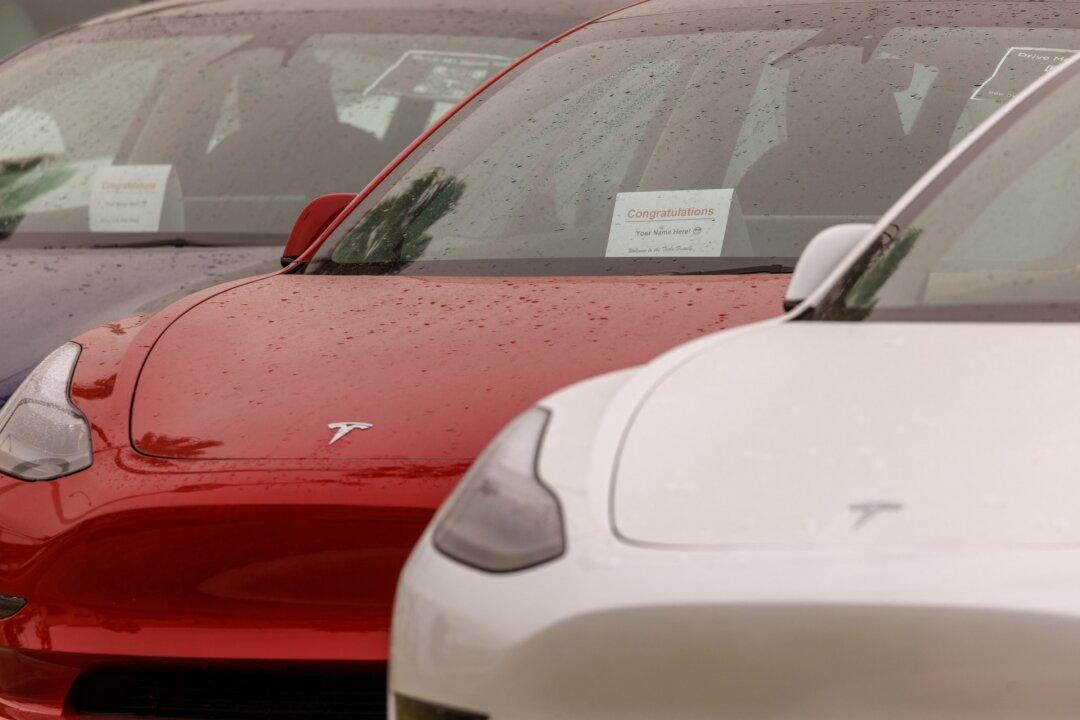Tesla is preparing to defend itself for the first time in court, after autopilot assistance features on a Full Self-Driving (FSD) vehicle reportedly failed, resulting in fatalities.
The electric carmaker faces two lawsuits involving the technology, Reuters reported in an exclusive, which is seen as a test for Tesla CEO Elon Musk, regarding his company’s record.





